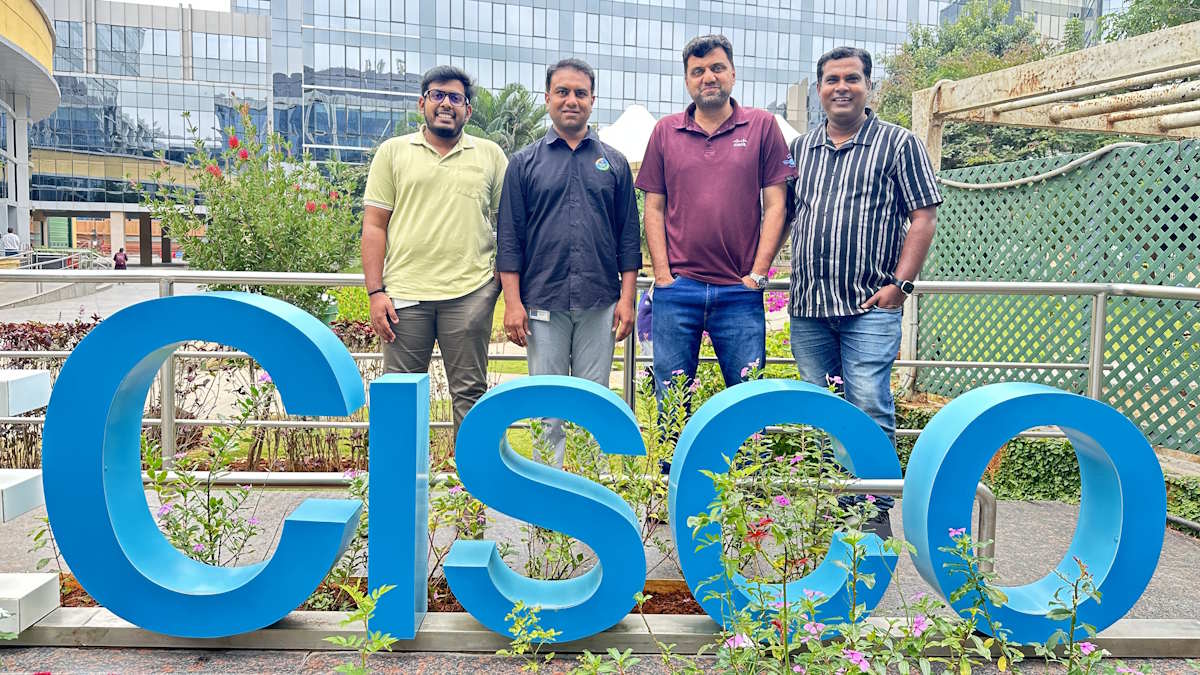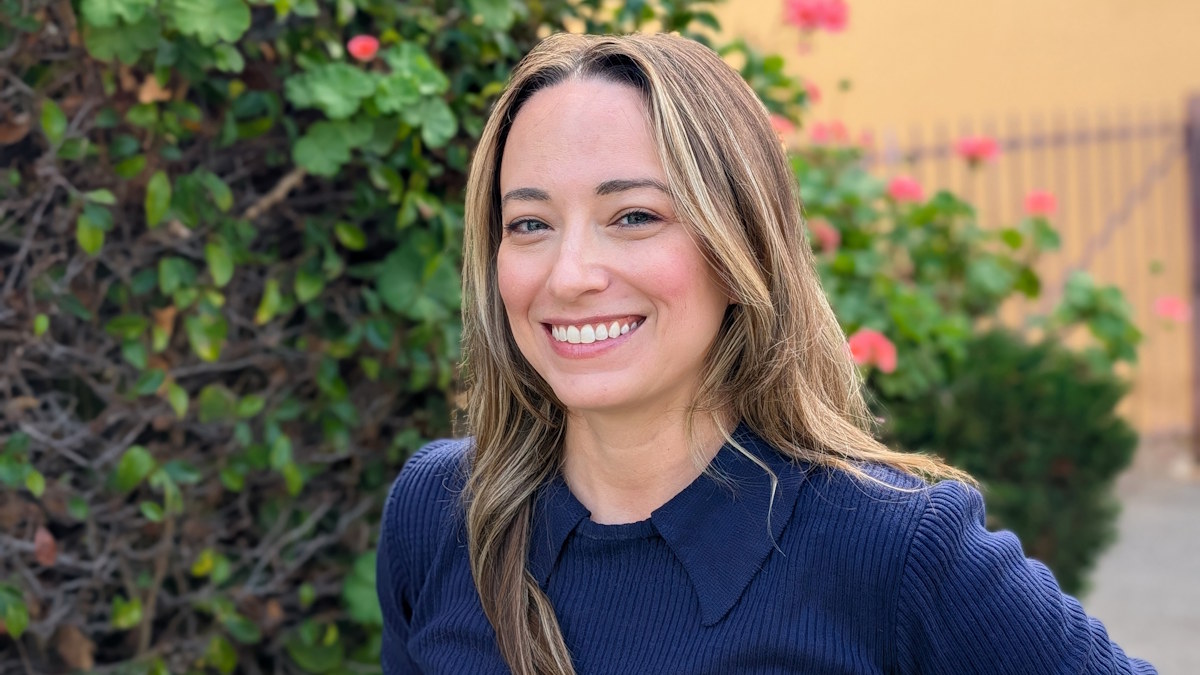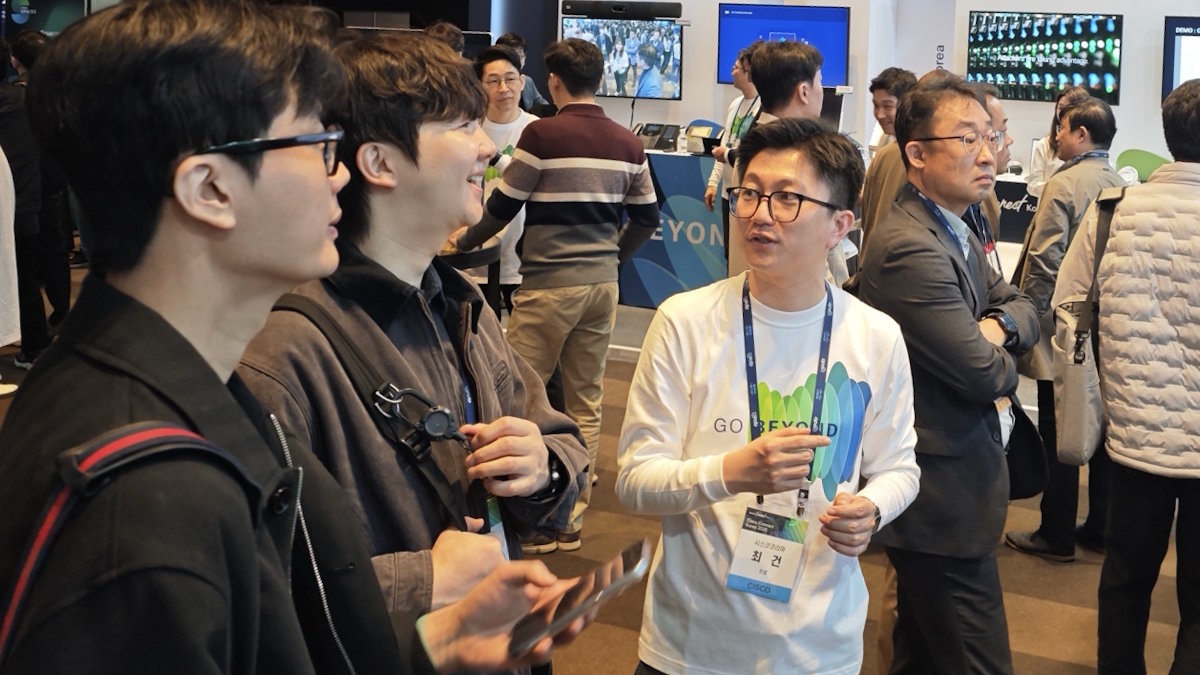Power of Community in Times of Crisis

4 Minute Read · 6 Minute Listen
September is both Blood Cancer Awareness Month and Childhood Cancer Awareness Month. And, almost poetically, it’s the month my child entered the ICU with complications from her blood cancer treatment.
When I joined Cisco in 2022, I was excited for the opportunity at a renowned tech company. But I was every bit as excited for the renowned people policies and culture. My career has been marked by experiences that taught me the importance of a supportive workplace firsthand.
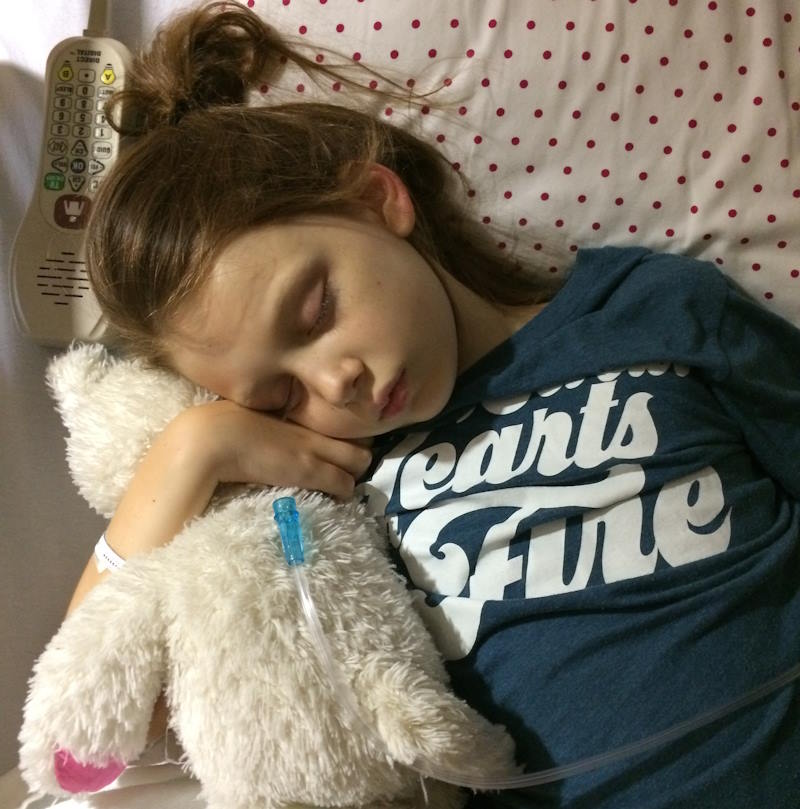
From zero to cancer in three hours
In 2016, I was a working mother of three perfect children, ages 8, 4, and 3. I was an Associate Creative Director at a small marketing agency when my daughter, Madeline, woke up with hip pain.
Three hours later, I emailed my CEO. “Wanted to let you know I won’t be in the office tomorrow. I’m in the ER with Madeline, and they’re transferring us to the hospital for a blood transfusion. They think it’s leukemia.”
Twenty-four hours later, Madeline had been admitted, undergone surgery, and started the first of hundreds of chemotherapy treatments. Acute lymphocytic leukemia (ALL) is one of the longest cancer treatment protocols.
Girls receive chemotherapy for 2.5 years if all goes perfectly to plan — it’s even longer for boys.
In other words, “flexible work” wasn’t going to cut it.
Cancer doesn’t discriminate. It doesn’t care about your job, your car, or your proximity to a hospital.
It doesn’t care about your five-year plan, or whether you have a big meeting coming up. And it does not care if you are eight and starting the third grade. It simply comes. And when it does, everything else in life is pushed to the margins.
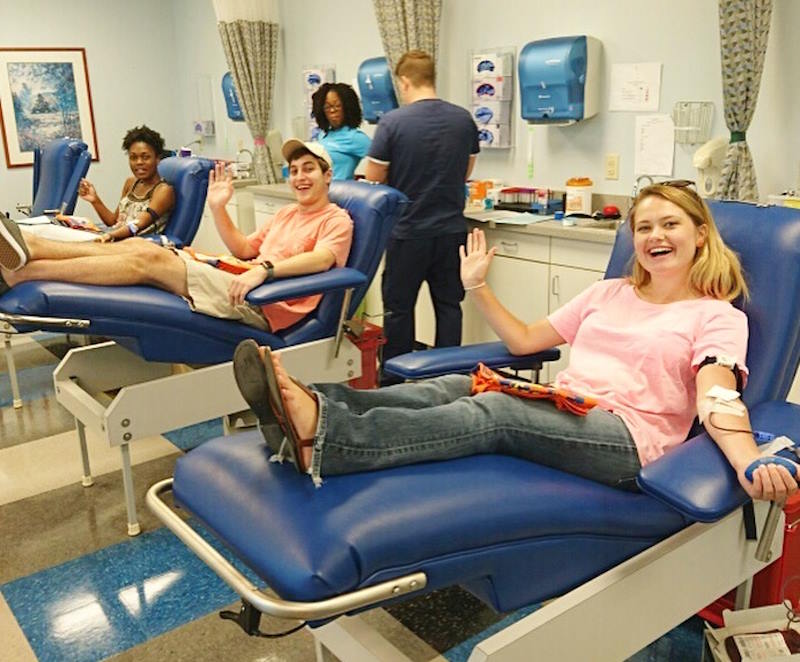
Carrying my children through those years took everything I had and then some.
One reason I still have a career to speak of is because of how my colleagues supported me in that long, terrible season. Their support was a blueprint for how to care for a colleague going through extreme difficulty, and it included four main actions:
- Appoint a comms liaison. They identified someone to handle updates and match offers of help with real-time needs. This spared me the emotional labor of constant communication and guilt of not having the capacity to respond to people. I updated one work friend, who shared updates with the rest of the team.
- Adjust my scope, not just workload. I was in a role that touched virtually every campaign coming out of our agency. Suddenly, I couldn’t give feedback or make decisions in real time. I instantly became a roadblock. So, we adjusted my role to fit my new reality, allowing me to work on discrete projects that I could own from start to finish, so I could add value on a topsy-turvy schedule.
- Reaffirm I am good at my job. I feared after a prolonged absence, the team would run so well without me that I wouldn’t have a place anymore. I worried I would be passed over or fall behind. But when I turned in my first project post-diagnosis, my manager said, “This is excellent. I couldn’t have done this without you.”
- Keep showing up. With childhood cancer, hardship persists long after the meal train has ended. My colleagues kept showing up with food and bottles of vitamin D, with a cot for me to sleep in in the ICU, and boxes of granola bars for my boys’ school lunches. They cared for me while I cared for my girl, and I’ll remember it for the rest of my life.
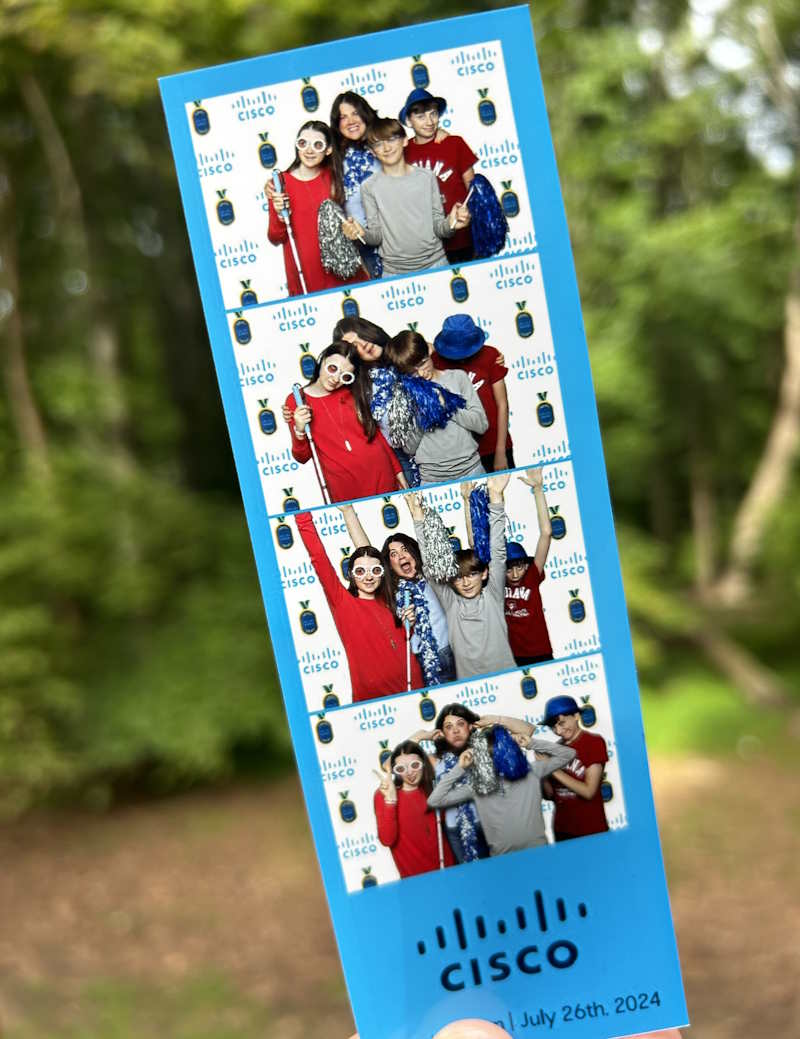
Today, Madeline is 16 and cancer-free. I have a job I love, and I’m part of Cisco’s Cancer Support Network (CSN). It’s filled with teammates sharing stories of hope, bearing witness to grief, and offering advice on everything from managing side effects to navigating insurance claims.
The CSN is a testament to the power of community at work — something I see every day at Cisco. I’m grateful to have landed in this exact place, and for my colleagues past and present. May we all take such good care of each other.
If you or a loved one are going through a difficult time, I encourage you to tap into the support all around you. Start with looking at all of the Inclusive Communities at Cisco, reach out to the Employee Assistance Program, and check out Global Well-being resources.
Employee resources
Related links
